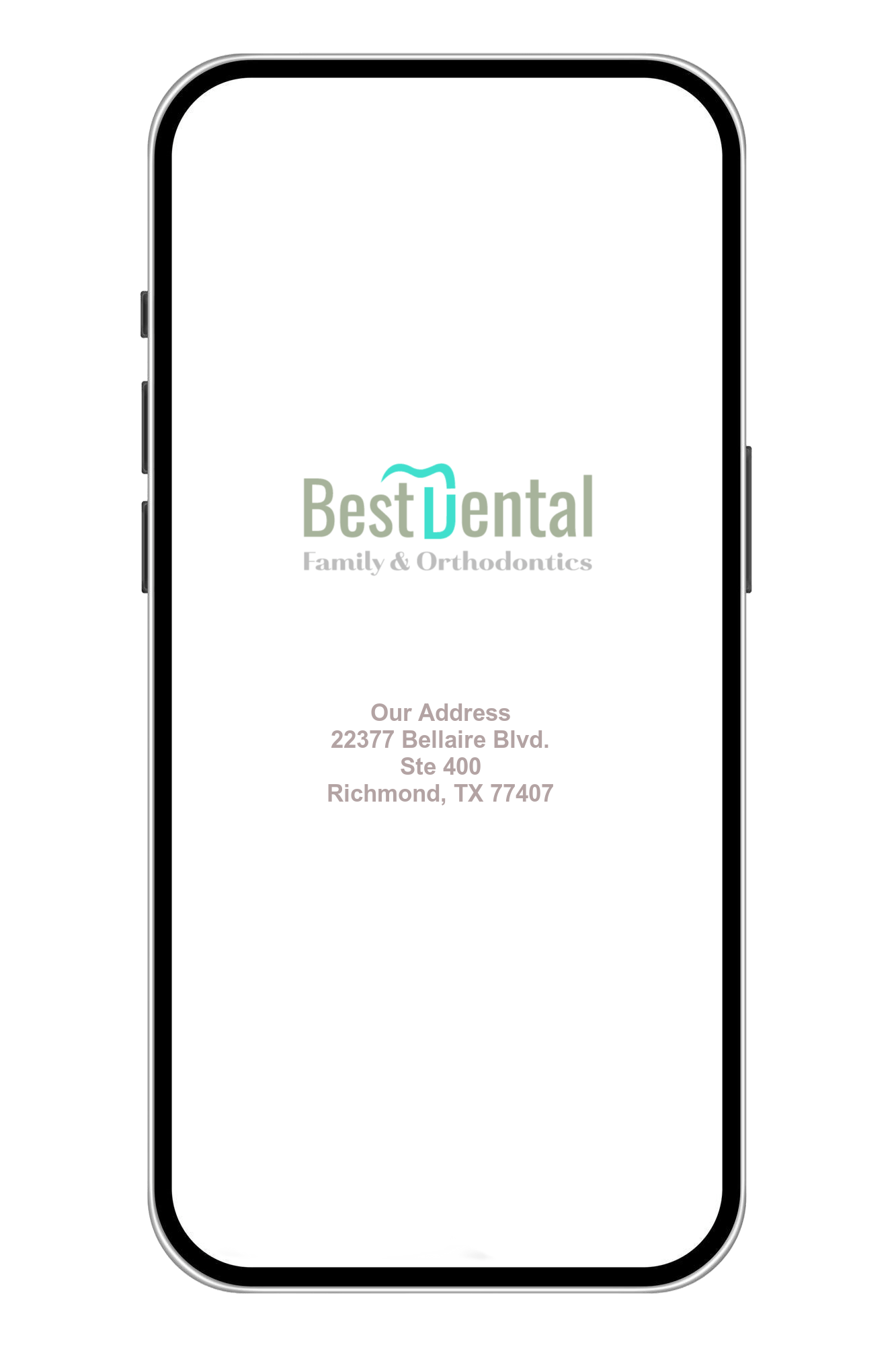Root Canal Retreatment For Houston Residents
If you're seeking expert endodontic retreatment in Houston, Texas, look no further than Dr. Sonny Naderi at Best Dental. Dr. Naderi is a highly skilled and experienced dentist who specializes in root canal retreatment. Whether you've experienced a recurring dental issue or want to ensure the success of a previous root canal treatment, Dr. Naderi and his dedicated team at Best Dental are committed to providing you with top-notch care and comprehensive solutions. Your oral health is in capable hands with Dr. Naderi, who has a reputation for excellence in endodontics and a passion for helping patients regain their smiles and comfort through effective endodontic retreatment.
When Is It Needed?
Root canal retreatment is a dental procedure performed when a previously treated root canal becomes infected or fails to heal properly. It is necessary when there is a recurring infection, discomfort, or dental issues in a tooth that has undergone a root canal procedure. This may occur due to a variety of reasons, such as complex root canal anatomy that was not fully addressed in the initial treatment, the presence of an undetected accessory canal, or a crown or filling that has become compromised. In such cases, retreatment aims to remove the infection, clean and disinfect the canals, and then seal the tooth to prevent further complications, ultimately saving the tooth and relieving pain or discomfort. Root canal retreatment is a vital option to preserve the natural tooth and maintain oral health.
Signs?
Can you describe the common signs and symptoms that may indicate the need for root canal retreatment?
Certainly, the need for root canal retreatment may become apparent when patients experience certain common signs and symptoms, including:
- Persistent or recurring pain: This could be a throbbing or sharp pain in the tooth, especially when chewing or applying pressure.
- Swelling and tenderness: Swollen gums or a pimple-like bump on the gum near the affected tooth can indicate an infection.
- Sensitivity to hot or cold: Heightened sensitivity to temperature changes in the tooth can be a sign of problems within the root canal.
- Discoloration of the tooth: A change in the tooth’s color, often appearing gray or darkened, may indicate issues with the nerve or pulp.
- X-ray abnormalities: An X-ray may reveal complications such as new infections or complications not addressed in the initial treatment.
- Unresolved discomfort: If you previously had a root canal and the discomfort never fully resolved or returns after some time, retreatment may be needed.
If you experience any of these symptoms, it’s crucial to consult with a dentist like Dr. Sonny Naderi to determine if root canal retreatment is necessary to address the underlying issue and prevent further dental problems.

Are there alternatives to retreatment, and when might those be considered?
Yes, there are alternatives to root canal retreatment, and their suitability depends on the specific circumstances of the patient. Some alternatives include:
- Apicoectomy: In cases where retreatment may not be effective or when there are complications beyond the tooth’s root, an apicoectomy (surgical removal of the tooth’s apex) may be considered.
- Tooth extraction and replacement: If the tooth is severely compromised or if retreatment is unlikely to succeed, extraction and replacement options like dental implants, bridges, or partial dentures may be recommended.
The choice between these alternatives and root canal retreatment depends on factors such as the tooth’s location, the patient’s oral health, and their preferences. Your endodontist will evaluate your specific situation to determine the most appropriate course of action, aiming to preserve your natural tooth whenever possible while ensuring long-term oral health.
What are the success rates for endodontic retreatment?
The success rates for endodontic retreatment are generally high. According to a systematic review and meta-analysis published in the International Endodontic Journal in 2016, the overall success rate for endodontic retreatment was reported to be approximately 86%. However, it’s important to note that success rates can vary depending on factors such as the specific case, the condition of the tooth, and the skill of the endodontist. Despite potential variations, a substantial majority of patients experience a favorable outcome, including relief from pain and resolution of the underlying issues, making endodontic retreatment a viable option for salvaging compromised teeth.

How long does the recovery take after endodontic retreatment?
The recovery period after endodontic retreatment typically lasts a few days to a week. During this time, patients may experience some mild discomfort or sensitivity, which can be managed with over-the-counter pain medications as prescribed by the dentist. It is essential to follow any post-treatment care instructions provided by the endodontist, which may include avoiding certain foods, maintaining good oral hygiene, and taking any prescribed antibiotics or pain relievers. Most patients can resume their regular activities soon after the procedure, but it’s essential to be gentle with the treated tooth and avoid putting excessive pressure on it during the recovery period. If you experience severe or prolonged pain, swelling, or any other concerning symptoms, it’s crucial to contact your dentist for further evaluation and guidance.
$850 Root Canal Retreatments At Best Dental
For More Information About Root Canal Retreatment In Houston, TX Contact Our Team Today!
We look forward to hearing from you.
